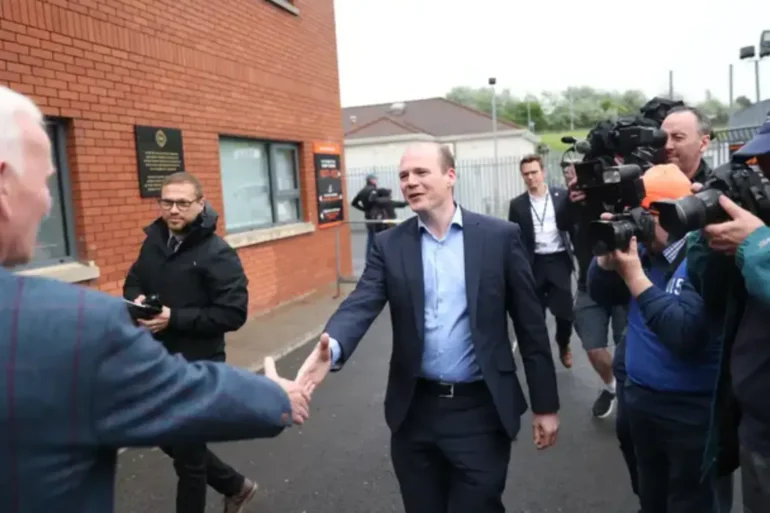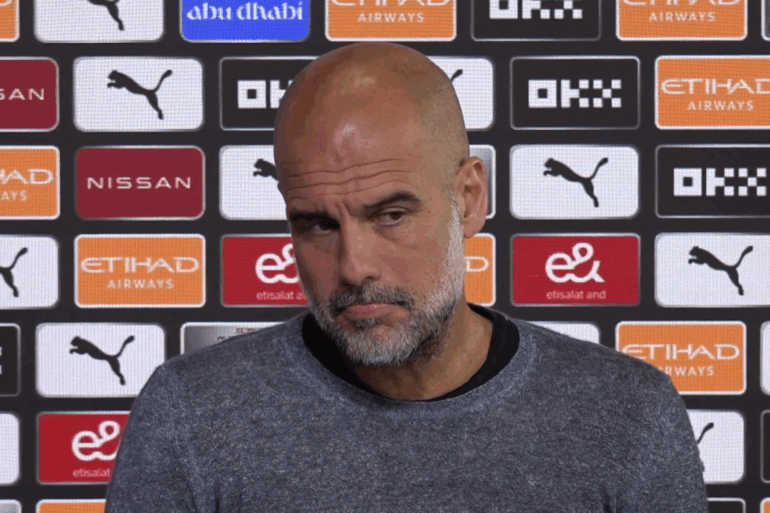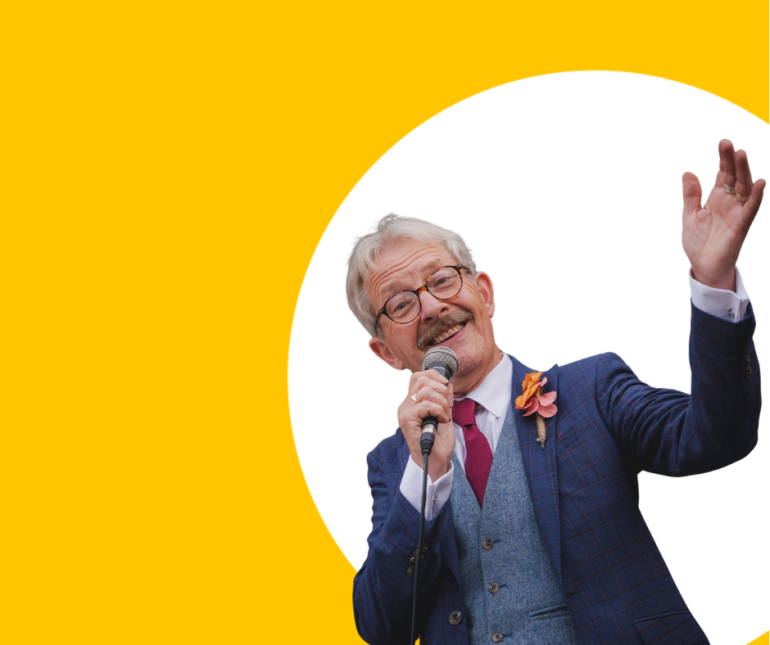-
 play_arrow
play_arrow
Kl 1 Radio Local radio for west Norfolk
-
 play_arrow
play_arrow
KL DISCO KL Disco Playing Disco Music from the 70's onwards.24/7
-
 play_arrow
play_arrow
KL COUNTRY KL COUNTRY Playing New and Classic Country Music 24/7
-
 play_arrow
play_arrow
KL ROX KL ROX The best of New and Classic Rock.24/7
-
 play_arrow
play_arrow
KL SUMMER Summer Vibes 24/7 from KL1 Radio across West Norfolk
-
 play_arrow
play_arrow
KL CLASSICAL Your Symphony Starts Here
-
 play_arrow
play_arrow
KL CHILL Just Chill!
-
 play_arrow
play_arrow
KL POP The Best POP Hits all day Long!
-
 play_arrow
play_arrow
KL XTRA KL XTRA
music_note
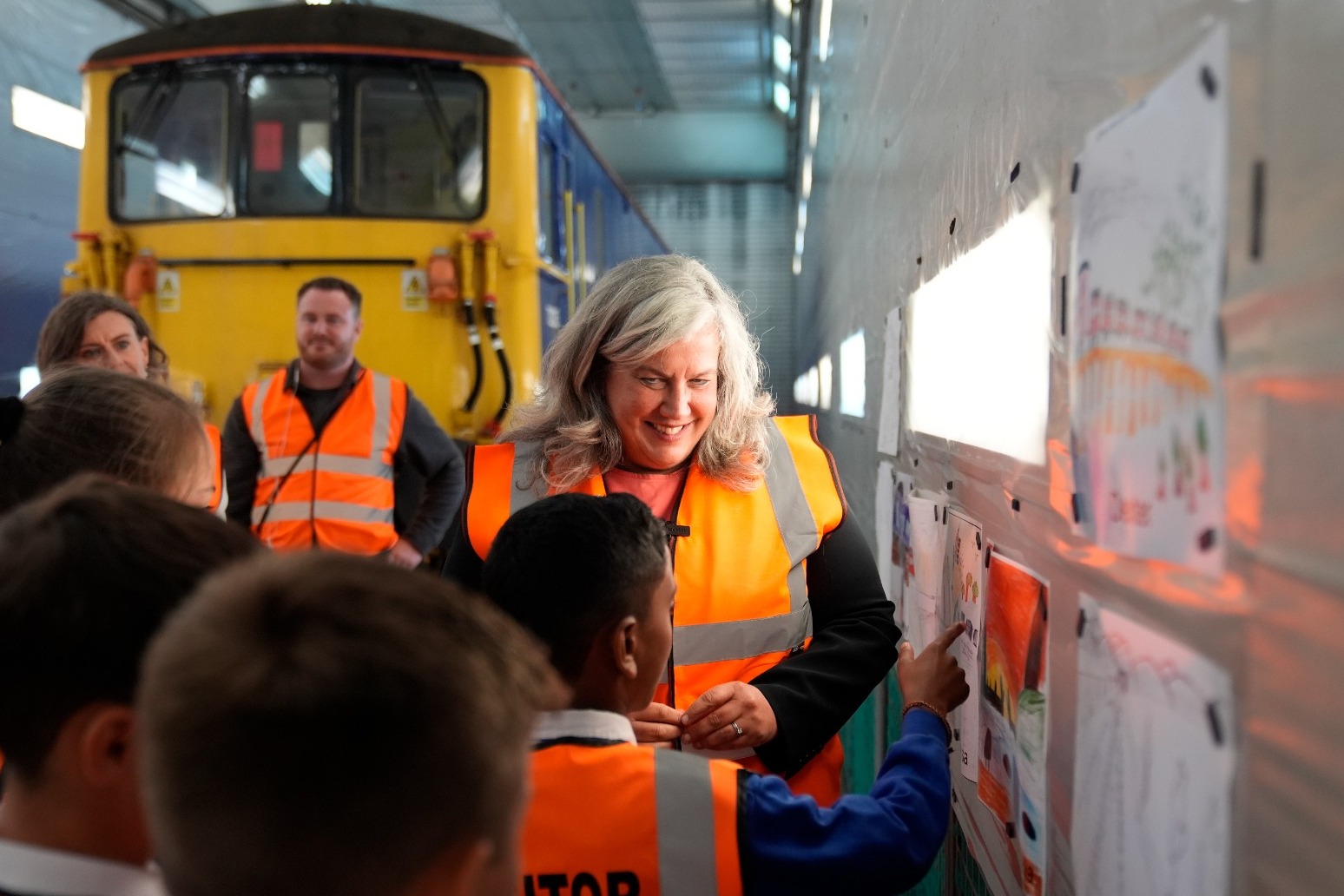
Decades of “waste and bureaucracy” are being ended on Britain’s railways, Transport Secretary Heidi Alexander declared, as a renationalisation programme begins.
Services previously run by South Western Railway (SWR) are the first to be brought under public control by the Labour Government on Sunday.
They are now the responsibility of DfT (Department for Transport) Operator.
All other services run by private companies will be renationalised as contracts reach the end of their minimum terms.
The next operator’s services to be brought under public control will be c2c – which runs between London and Essex – on July 20, with Greater Anglia being renationalised in October.
The process is scheduled to be completed by the end of 2027.
Britain’s railway services were privatised in the mid-1990s.
On a visit to a train depot in Bournemouth earlier this week, Ms Alexander said: “I really do feel that this is a new dawn for our railways.
“We’re going to wave goodbye to 30 years worth of inefficiency, waste, passenger frustration, and we’re going to step really confidently towards a new future for the railways.
“Of course, change isn’t going to happen overnight.
“We’ve always been clear that public ownership isn’t a silver bullet, but we are really firing this starting gun in that race for a truly 21st-century railway, and that does mean refocusing away from private profit and towards the public good.”
She added: “We will sweep away those decades of waste and bureaucracy, and we really, really will deliver great services for Britain’s travelling public.”
Office of Rail and Road (ORR) figures show the equivalent of 4% of services in Britain were cancelled in the year to April 26.
For SWR, the figure was 3%.
Renationalised services will be integrated into Great British Railways (GBR), a new public sector body which will also oversee rail infrastructure.
Legislation to enable the creation of GBR is expected to be introduced in Parliament later this year.
Shadow GBR has been established to ensure closer collaboration within the industry.
Richard Bowker, former boss of the Strategic Rail Authority, which was a public body providing strategic direction for the industry between 2001 and 2005, said it is “quite easy to be sceptical” about the overhaul but he believes there is “real potential here for things to get better”.
Mr Bowker, who presents rail podcast Green Signals, went on: “It has become overly complex, and I think bringing together track and train more now is a pragmatic and sensible thing to do.
“The key with this will not really be who owns it. Are the people that are going to be running it day to day… going to be genuinely empowered to make the right decisions to run the railway?
“We’ve got plenty of very, very able managers, but over the last five years – particularly since Covid when franchises effectively went bust and national rail contracts were put in place – there has been a huge amount of centralised control, and it’s quite stifling.”
Johnbosco Nwogbo, of public ownership campaign group We Own It, said: “Today is a great day for passengers because our railway is finally beginning its journey back to putting us, our communities and our planet before the profits of private shareholders.
“But the job is not yet done. The Government still has to get public ownership right, so that it really delivers for people.”
PA news agency analysis found the renationalisation of SWR services means a third of journeys are on publicly owned services.
That is based on the ORR’s passenger journey data for 2024.
Services that were already under public ownership are LNER, Northern, Southeastern and TransPennine Express.
GBR branding has been added to one train previously operated by SWR.
It features part of a union flag, the double arrow symbol that is synonymous with Britain’s railways, and the words “Great British Railways coming soon”.
More trains will be given the branding over the coming months and years.
But the DfT said publicly owned services “will need to meet tough performance standards to be rebranded Great British Railways”.
These standards will cover factors such as punctuality, reliability and the experience of passengers.
The DfT said its renationalisation policy will save taxpayers up to £150 million per year in fees previously paid to private companies which ran services.
The first SWR service under public ownership on Sunday will be a rail replacement bus.
Following the implementation of renationalisation at 2am, passengers travelling on the 5.36am service from Woking to London Waterloo will change onto a bus at Surbiton because of engineering work.
Ms Alexander is expected to travel on the first renationalised service from London Waterloo, which will be the 6.14am train to Shepperton, Surrey.
Published: by Radio NewsHub

Similar posts
Upcoming shows

Darren Furzey – Classic Hit Weekend
1:00 pm - 3:00 pm

John Atkins – Sunday 60’s and 70’s
3:00 pm - 6:00 pm

Frank Hopping – Real Music Society
6:00 pm - 8:00 pm

Mike Bentley – The Theatre Show
8:00 pm - 10:00 pm

Jonathan Charles – Vinyl Countdown
10:00 pm - 11:00 pm
-

DUP minister vows commitment to all sports as he attends first senior GAA game

Pep Guardiola wants Manchester City to be better after disappointing season

Farage backs scrapping child benefit cap and restoring winter fuel payments
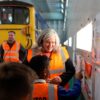
Minister heralds new dawn on railways as renationalisation programme begins

Shoppers turn out for merchant’s market
Message Us
Copyright The Mediasite UK - 2025

